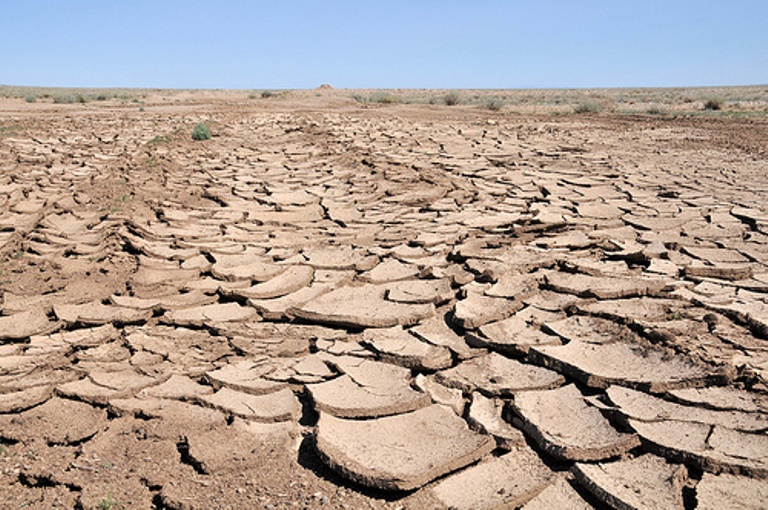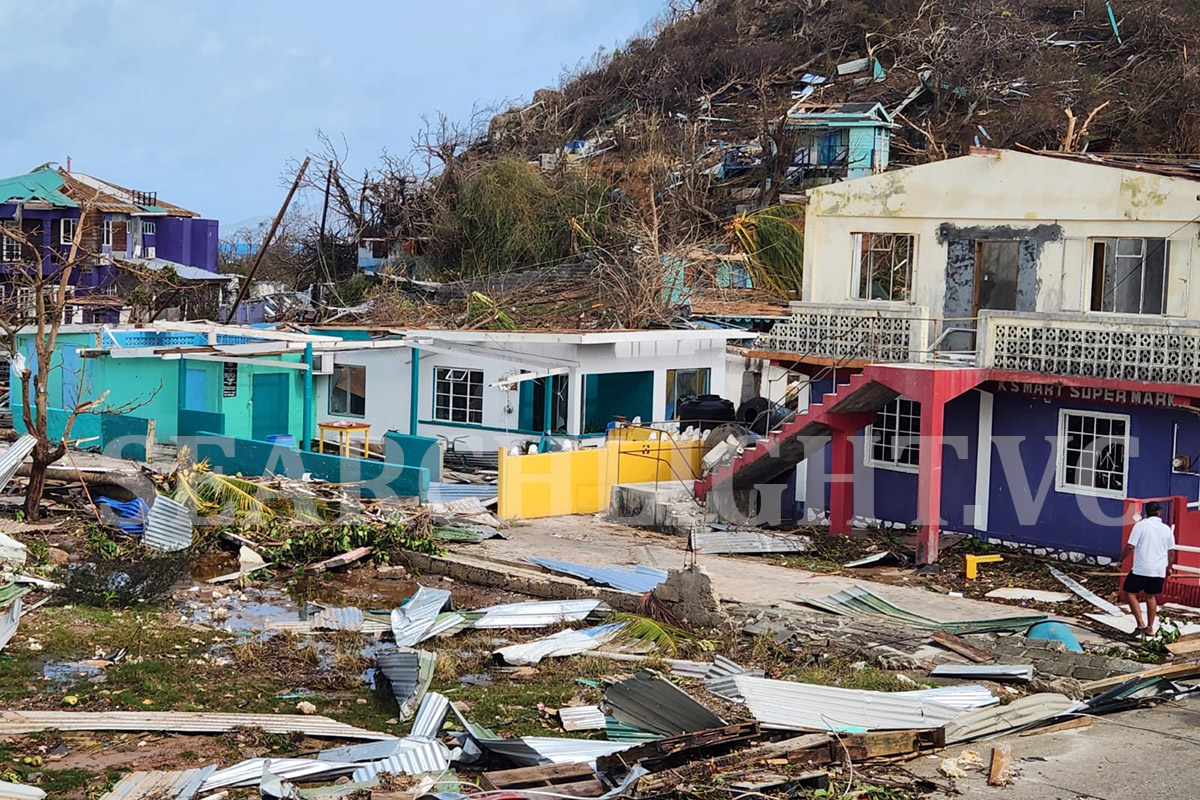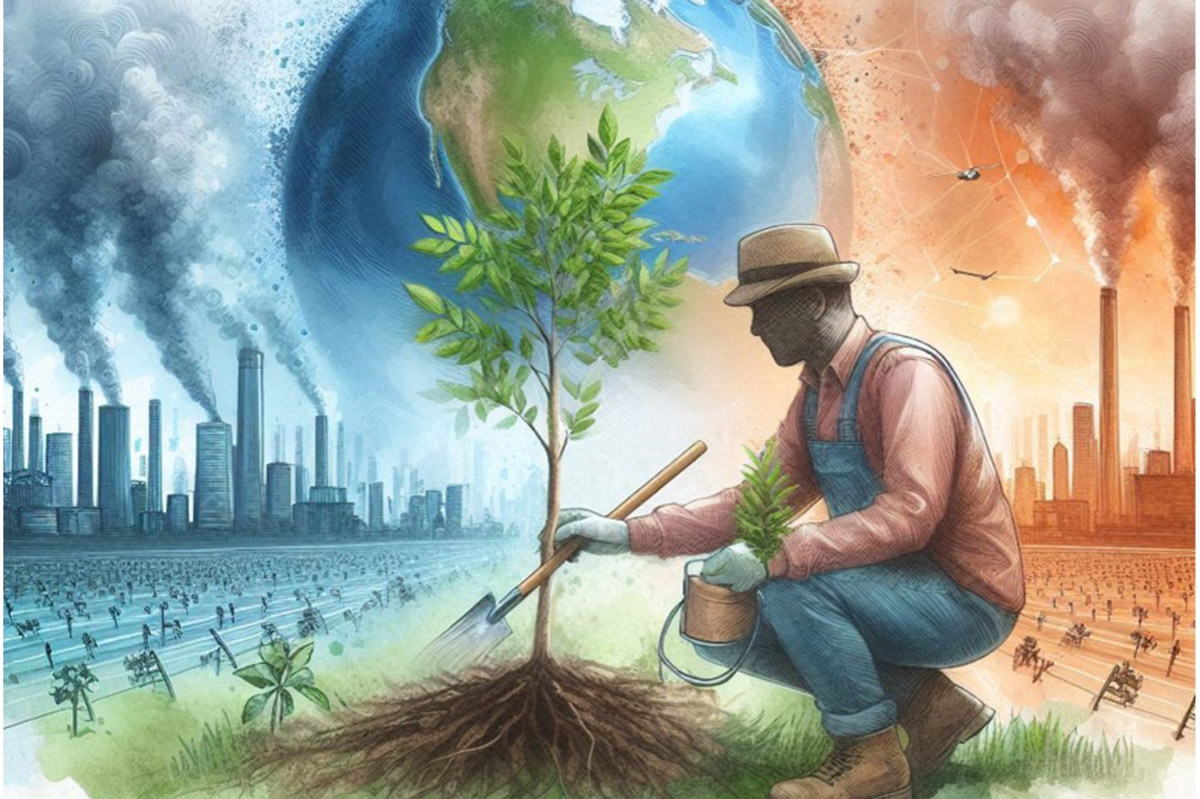"Youths as gladiators in the climate change fight"
March 20 Climate change is being felt in the Caribbean, writes Advira Shand, 24, a Correspondent from Manchester in Jamaica, who says that youths should be at the forefront of efforts to limit or reverse the impacts.
Climate change is being felt in the Caribbean, writes Advira Shand, 24, a Correspondent from Manchester in Jamaica, who says that youths should be at the forefront of efforts to limit or reverse the impacts.
Have youths within the region realized that we are the last generation that can put up a meaningful fight against climate change?
I strongly endorse the United Nations Secretary General’s (2015) postulation, documented within The Guardian, that, “we (youths) have a duty to act” against climate change. In the next five years it will cost us significantly more than it does now to solve the problem of climate change. Therefore, I am of the belief that as youths we should take a stand and become more proactive in the fight. Our future and the future of our children rests on our ability to unite our efforts to bring about a sustained reduction in climate change.
Climate change has given birth to rising temperatures and sea levels, increases in the frequency and severity of droughts and floods, economic instability, and a reduction in wildlife. Climate change also poses a threat to the survival and viability of developing countries. In our region, specifically states in the Caribbean, we stand to bear substantial adverse impacts from climate change because of our unwavering dependence on agriculture and tourism, location and geography. Since the last decade, the Caribbean has been increasingly plagued by vicious hurricanes and floods, severe droughts and unprecedented rises in temperature levels.
It would be in the best interest of everyone if there were a sustained reduction in climate change. However, many industrialized nations are reluctant to adjust their habits in an effort to reduce the emission of greenhouse gases because of the economic ramifications. This makes it quite challenging because solving the problem of climate change needs a unified approach. According to Tankersley (2014) in The Washington Post, “every person has an incentive not to reduce his or her emissions – because at the moment and for the foreseeable future, it’s cheaper and more convenient to drive gasoline – powered cars and burn fossil fuels for electricity than it is to adopt a zero – emission modern lifestyle”.
While industrialized developed states are not immune to the effects of climate change, they are more adept at dealing with them. In the United States farmers are afforded access to genetically modified crops that can withstand severe climates. However, Brown (2005) noted that Dr. Wendel Parham, the Director of the Caribbean Agriculture and Research Development Institute, posited that the Caribbean faces a serious threat to its agricultural production and food security, given its vulnerability to natural disasters due to climate change.
Therefore, while our policy makers look to the international community to fix the problem of climate change, they leave the region’s most vulnerable to wallow in agony and uncertainty. It is up to us as youths to wage a war against climate change. We can start by putting a dent in our carbon foot-print by flying less, employing the use of fuel efficient vehicles and car pooling. We can take steps to recycle and reduce our waste and adopt a more energy efficient lifestyle. Most importantly we can get involved in regional and international campaigns aimed at reducing climate change and educating our communities about the causes and effects of climate change.
photo credit: FrontLines/EGAT 2011 Environment Photo Contest Top Entry via photopin (license)
…………………………………………………………………………………………………
About me:
It is my desire to inspire growth among youths and within the region I inhabit. I have Bachelor’s degree in International Relations and serve as a Managing Partner at WAGS Construction. It is my intention to undertake graduate studies that will help me in my quest to occupy a position within my country where I can assist in crafting policies that will fuel development within developing states.
…………………………………………………………………………………………………
Opinions expressed in this article are those of the author and do not necessarily represent the views of the Commonwealth Youth Programme. Articles are published in a spirit of dialogue, respect and understanding. If you disagree, why not submit a response?
To learn more about becoming a Commonwealth Correspondent please visit:
http://www.yourcommonwealth.org/submit-articles/commonwealthcorrespondents/
…………………………………………………………………………………………………
References
Ban, K. (2015) We are the last generation that can fight climate change. We have a duty to act. Retrieved on March 4, 2015, from www.theguardian.com
Brown, I. (2005) Impact of Climate Change on Caribbean Agriculture CARDI calls for research targeted at areas under threat. Retrieved on March 4, 2015, from http://jis.gov.jm
Carrington, D. (2011) Why is it so hard to stop climate change? Retrieved on March 2, 2015 from www.theguardian.com
David Suzuki Foundation (2015) Top 10 ways to stop climate change. Retrieved on March 4, 2015 from www.davidsuzuki.org
Hayes- Brown, L. (2004) Climate Change Its Effects Explored. Retrieved on March 2, 2015 from http://www.jis.gov.jm
Karim (2013) Climate change and the Caribbean- what do we need to know? Retrieved on March 6, 2015 from www.yardedge-net
Revkin, A. (2007) Poor nations to bear brunt as world warms. Retrieved on March 4, 2015 from www.nytimes.com
Tankersley, J. (2014) Why inequality makes it harder to stop climate change. Retrieved March 6, 2015 from www.washingtonpost.com




